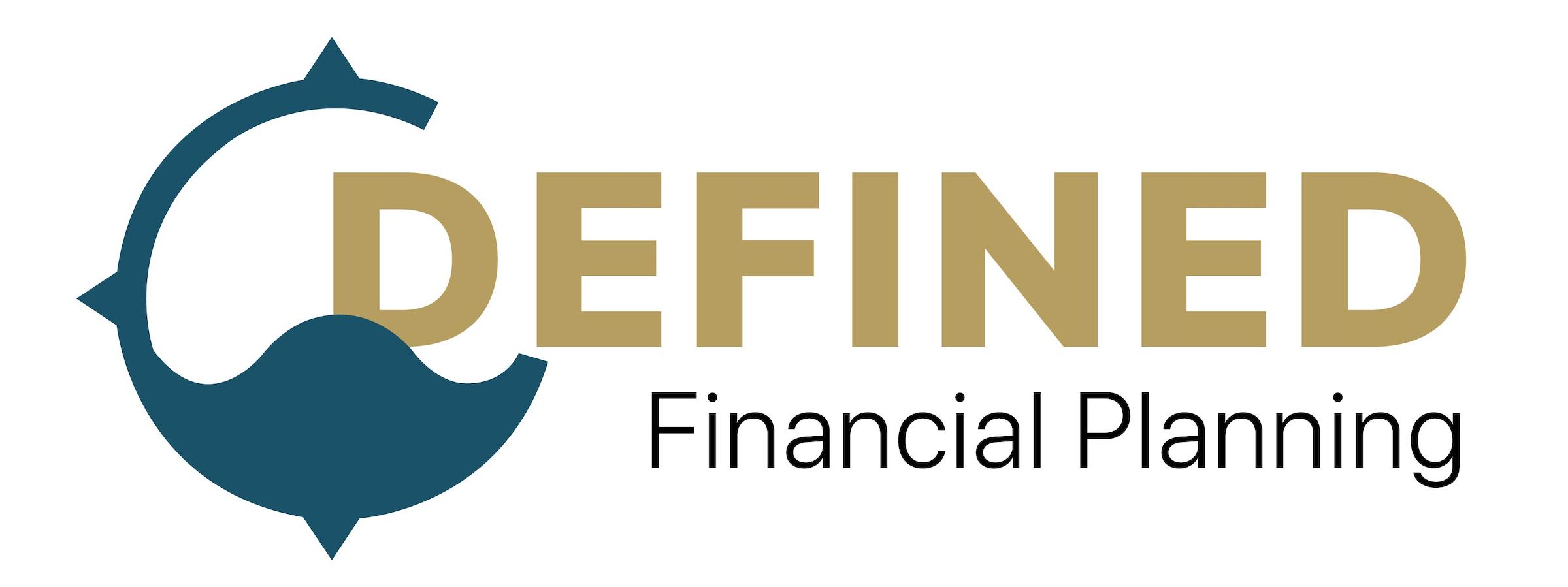
Why Estate Planning Is Important
For many people, there is a desire to ensure that their estates deliver benefits beyond their retirement, which will produce lasting legacies and avoid any adverse effects on their beneficiaries.
If you wish to leave behind a lasting legacy, whether it is for family, loved ones, or charitable foundations, you need to put a well-thought-out estate plan in place so that your legacy is established in accordance with your aspirations. Without such a plan in place, your estate will be decided by the State you reside in. Unfortunately, the Probate Court will be unfamiliar with your wants, it will use its best judgment to determine how your estate is distributed, and it is far from inexpensive. In fact, the cost is based on a percentage of your estate’s value, and that results in an average of tens of thousands of dollars.
To ensure that you are in control of what happens to your estate, and if you want to be certain that your estate is handled per your directives, working with financial planners and an estate planning attorney is paramount. If you would like to receive a complimentary consultation to review your estate planning options, please contact us at (510) 200-8655 or at support@definedplanning.com.
How Our Financial Planning Process Can Help You With Estate Planning
- Understand The Importance Of A Will - Your will should be the cornerstone of an estate plan. We can help you understand why and how you should structure this document so that your legal team can create a will so that your estate is administered according to your directives. From a simple will to a testamentary, joint, or living will, we will help you navigate through the complexities so that things will be in order and your concerns will be lessened.
- Creating Powers Of Attorney - Whether it is for the management of specific assets, such as your bank accounts, investments, or real estate holdings or whether it is meant to help others make health-care decisions in your best interest in the event that you are ill or incapacitated, you need to have a Power Of Attorney (POA) in place so that your finances are in order and your health-care directive is followed.
- Choosing Executors - Executors of estates wield strong powers that determine how your estate will be dealt with after you pass away. We will help you understand the importance of choosing an executor(s) for your estate, and which criteria to consider when appointing someone to be assigned to this all-important role, especially if minor children/guardians are involved.
- Designating Beneficiaries - If you do not choose beneficiaries for your assets carefully - or not at all! - your estate assets very well might end up in the hands of individuals who you never intended to benefit from them.
- Considerating Dependants’ Needs - A well-thought-out estate plan will ensure that all of the needs of your dependents (minor children, adult children, aging parents, or family members with special needs) are taken care of as you have directed.
- Consideration Tax Planning - Minimizing Estate Taxes And Reducing Probate Fees - Without an estate plan, a considerable part of your estate could erode through taxes, fees, and other levies even before your designated beneficiaries see a cent.
- Protecting Your Estate - Although you might no longer be here, many of your assets, such as long-term investments, property, and other tangible assets, likely will need care, management, and protection until they are transferred and the proceeds are distributed to your designated beneficiaries. In the absence of an estate plan, it is likely that your assets will not receive the type and level of protection which is best for your estate.
- Considerating Health And Welfare - A comprehensive estate plan contains several components, including directives to POAs and executors as to what is to be done in the event that your mental or physical health deteriorates. In the absence of those components of your estate plan, decisions impacting your health and welfare might be made by others - likely medical professionals or State-appointed representatives.
- Distributing Your Assets/Legacy - Without proper estate planning, assets might not be distributed in line with your final wishes.
A well-thought-out, legally-binding trust is essential to ensure that your estate will be distributed as you desire.
If you would like to receive a complimentary consultation to review your estate planning options, please contact us at (510) 200-8655 or at support@definedplanning.com
